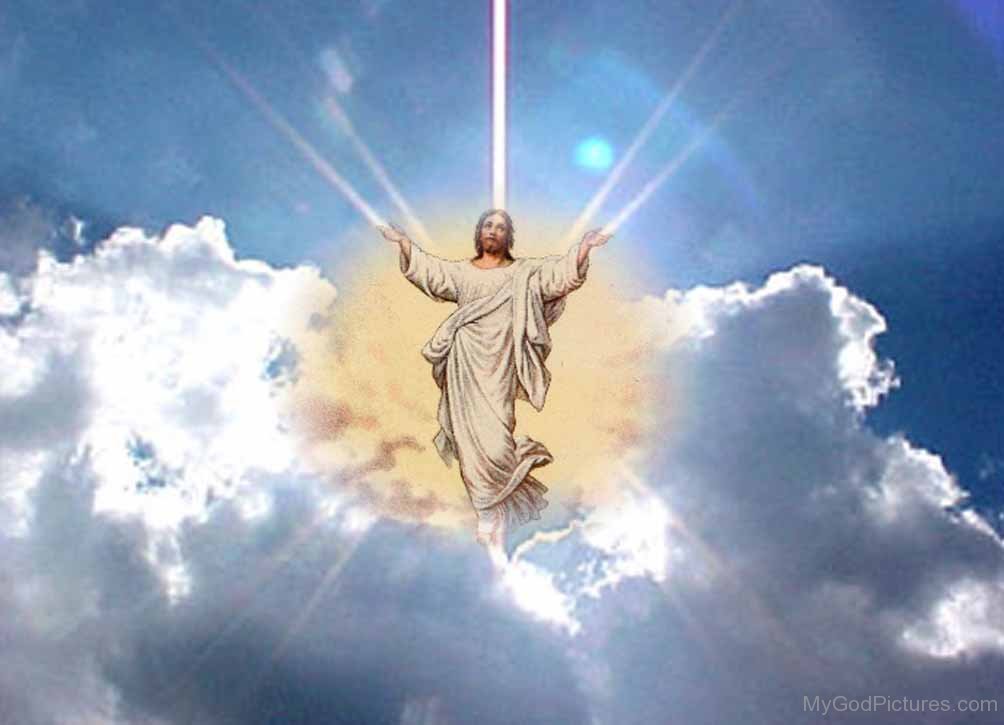Throughout history, the notion of a Supreme Being transcending human understanding has permeated diverse cultural contexts. In Christianity, this concept crystallizes in the figure of God, often referred to as the “God of Gods.” This appellation reflects both a position of absolute sovereignty and an invitation into the rich tapestry of theological exploration. To grasp the significance of this title, one must consider its implications not just within Christian teachings, but also how it harmonizes with perspectives across various faith traditions.
The phrase “God of Gods” conveys an essence of supremacy, indicating a deity who not only reigns above all heavenly and earthly beings but also possesses a profound influence over the very fundamentals of existence. Within the framework of Christian doctrine, God is understood as the eternal Creator, omnipotent and omniscient, embodying love, justice, and holiness. This multifaceted nature invites believers to interpret God’s authority through numerous lenses—from that of a loving father to a righteous judge. Each portrayal serves to enrich the theological understanding while addressing the multifarious human experiences in relation to the divine.
At the heart of this inquiry lies a profound fascination common to humanity—the desire to comprehend the divine essence. In many cultures, rituals, prayers, and sacred texts serve as conduits for these deep-seated aspirations. The allure of a Supreme Being often stems from the human instinct to seek meaning and order amidst chaos. While confronted with life’s vicissitudes, individuals tend to turn toward a higher power, a concept that offers solace and hope. This inclination is not exclusively a Christian phenomenon, for it reverberates through the annals of human history across different religious traditions, each portraying their own version of a divine overseer.
In Christianity, the recognition of God as the “God of Gods” is firmly anchored in the foundational scriptures. The Hebrew Bible makes it unequivocally clear in texts such as Psalm 82:1, which proclaims, “God stands in the congregation of the mighty; He judges among the gods.” This verse illustrates a hierarchy among deities in the broader ancient Near Eastern context, simultaneously affirming the supremacy of the God of Israel. Here, the term “gods” refers to beings of spiritual authority; however, it is clear that none possess the sovereignty and ultimate power of Yahweh.
As Christianity evolved, particularly through the lens of the New Testament, the conception of God as the Supreme Being deepened. Jesus Christ, revered by Christians as the incarnate Son of God, fulfilled prophetic utterances and provided a more personal connection to this divine essence. His teachings further elucidated the nature of God—portraying him as a nurturing Father, thus demonstrating how the infinite and transcendent can intimately relate to humanity. Such revelations facilitated a shift in understanding, allowing followers to view the “God of Gods” not merely as an abstract authority but as an accessible and loving presence in their lives.
Further examination of this concept calls for an exploration of the comparisons with other faiths. Various religions have their interpretations of supreme deities, such as Allah in Islam, Brahman in Hinduism, or the divine forces in indigenous belief systems. Each tradition encapsulates its understanding within cultural contexts and sacred texts that guide the followers’ moral and ethical frameworks. Notably, while distinctions abound in the characteristics attributed to these deities, there exists a startling commonality: the aspiration for transcendence over worldly limitations and the quest for ultimate truth.
This shared quest reveals a nuanced and complex tapestry of faith, demonstrating humanity’s propensity to both recognize and revere a supreme entity. Interestingly, this profound interest in exalted beings leads to introspection about God’s nature and the human condition. Among Christians, the intimacy of God’s relationship with humanity raises essential questions about grace, mercy, and justice in contrast to the often harsh realities of existence. This paradox invites contemplative thought and discussion. How does one reconcile divine omnipotence with human suffering? This inquiry, deeply rooted in theological discourse, has sparked extensive debates among scholars and laypersons alike.
Moreover, the title “God of Gods” serves as a call to unity rather than division among differing faith perspectives. In an increasingly globalized world, where interfaith dialogues are becoming more prevalent, the essence of this supreme deity can act as a common ground for understanding across religions. Recognizing that various beliefs may converge toward the pursuit of a higher truth can foster mutual respect and appreciation among diverse cultures. It invites believers to extend compassion toward one another, emanating from a shared recognition of the divine’s pivotal role in human existence.
In conclusion, the notion of the “God of Gods” encapsulates more than mere theological renown; it serves as a mirror reflecting the complexity of human devotion and the relentless search for meaning in the face of existential questions. Within Christianity, this divine title invites believers into a relationship with the Creator that is both profound and personal. As this exploration reveals, the desire to connect with the divine is an intrinsic component of the human experience, echoing across centuries and civilizations. In examining the Supreme Being across various faiths, one uncovers a rich landscape of beliefs that, while diverse, often resonate with the same fundamental yearnings for connection, understanding, and transcendence. The God of Gods stands not only as a figure of power but also as a profound symbol of hope for humanity’s enduring spiritual journey.



